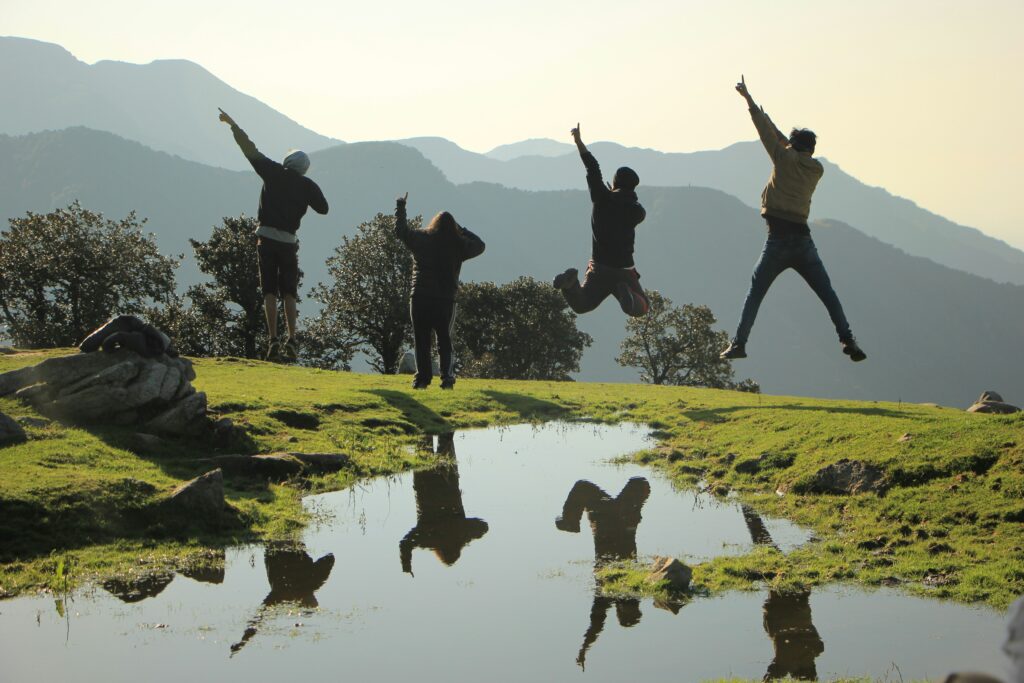In my first month and a half as a Program Coordinator with the Arajuno Road Project (ARP) in Puyo, Ecuador, I think I’ve learned more than I’ve contributed. Part of starting any new job where the organizational structure and duties are somewhat loose is identifying where you fit in and what you can do to help. I feel more confident now that I understand what I can give to this unique organization. My role is largely defined by two broad tasks in the teaching participant_program_slug: volunteer coordination and administration.
Volunteer Coordination
February and March are slow times for ARP volunteers. Many of our native English speakers who volunteer as teachers are university students, and more likely to come to us during semester breaks in the winter and summer. However, this has given me an opportunity to take on the role of English teacher by myself first, which I know will be valuable experience when training and supporting future volunteers. I teach English twice a week to grades 1 through 7 in two schools just outside of Puyo. School starts around 7:30 in the morning and each class is 45 minutes long, with a 30-minute recess or “recreo” in the middle of the day. In Escuela Simon Bolivar, we start each week with morning announcements or formation, in which students stand in neat lines and there is a flag-bearer. They sing patriotic songs and repeat the Ecuadorian equivalent of the Pledge of Allegiance. This past week, the school director also lectured on the importance of cleanliness, especially warning against the dangers of head lice, long fingernails and dirty uniforms. I have first and second graders together, which is about 11 students total. We sing songs or read and I’ve found that Old MacDonald Had A Farm is a fan favorite. In higher grades, we focus on different verb forms and making simple sentences. Interestingly, a computer lab has been donated to Escuela Simon Bolivar by an oil company and I teach in a classroom that has about 14 computers and a smart board. It is nicer than some of the classrooms we used during my master’s degree in the United States!
Administration
While I’ve really enjoyed teaching and getting to know the adorable and bright students in my schools, the administrative aspects of my position have been great learning experiences for me. My current projects include reviewing the ARP curriculum and writing a report of school census data. The 2013-2014 academic year is the first in which there is no national English language curriculum required by the Ecuadorian government. This gives ARP a lot more flexibility with what to teach and when, but it also means a lot more responsibility in defining what is essential. I’m currently in the process of reviewing the formerly required Ecuadorian curriculum and what was previously taught by ARP to see what we ought to include in future classes and where there might be gaps. The other project that I’ve been tasked with is interpreting and analyzing data that was gathered in a survey of ARP school directors at the conclusion of the 2012-2013 school year. The information covers topics such as family income, nutrition level and other indicators of quality of life. The hope is that with this data in a more easily digestible form, ARP will be able to better understand the communities’ most immediate needs and use the report when applying for grants. In both cases, familiarizing myself with this material has been really helpful in understanding English language education and the families that are being affected by ARP programs.



